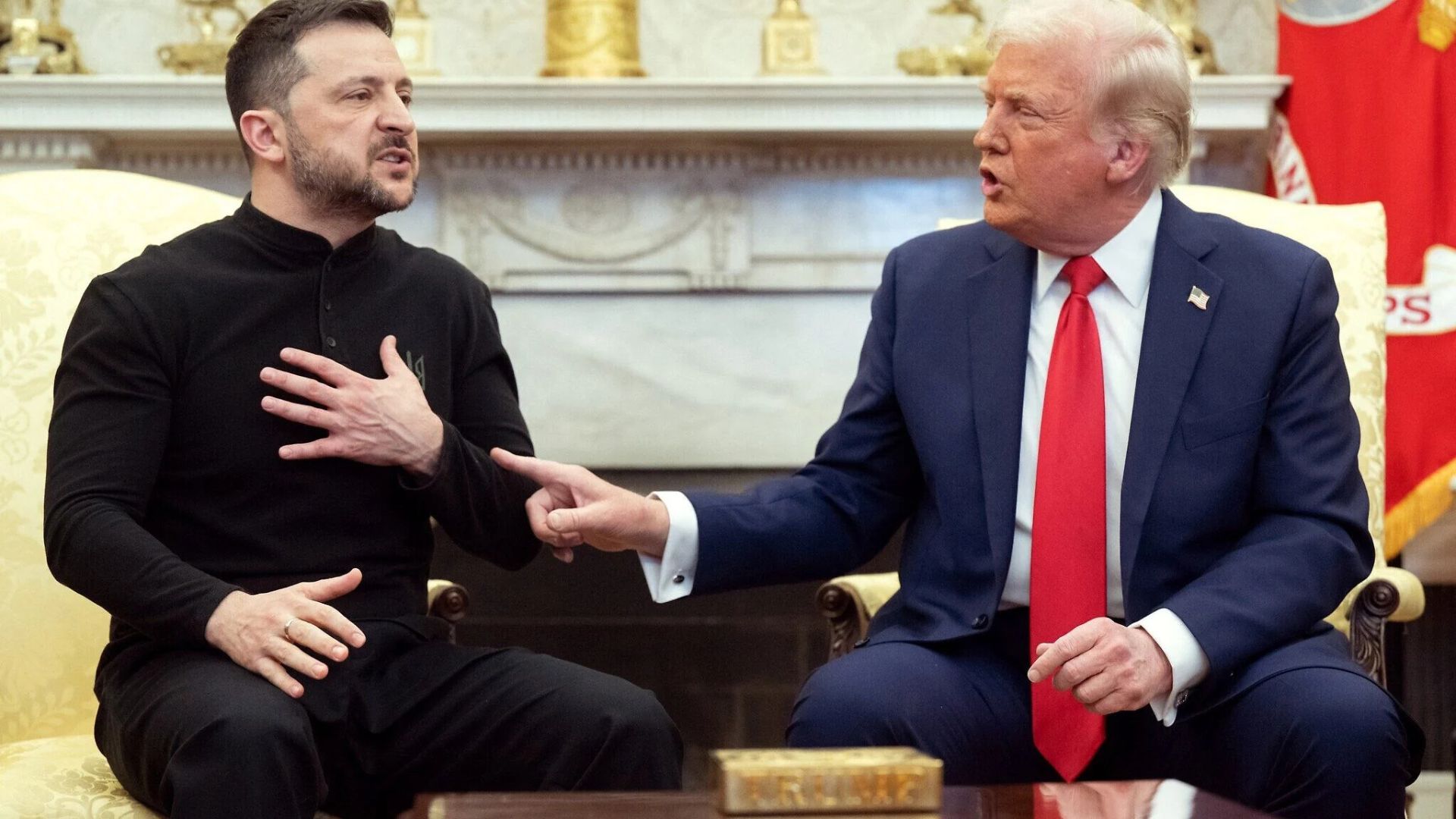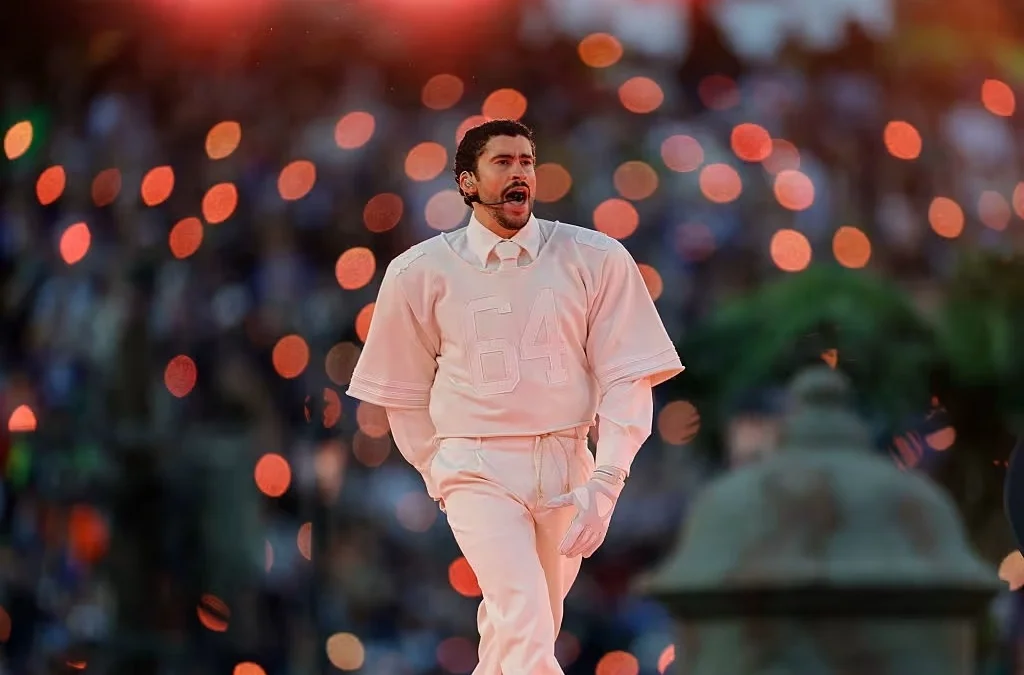By Stephen Collinson
The geopolitical landscape has shifted dramatically in recent years, and few figures embody this transformation more than Ukrainian President Volodymyr Zelensky. Once a political outsider, Zelensky became a symbol of resilience and democracy in the face of Russia’s aggression. However, his relationship with the United States took a turbulent turn under former President Donald Trump, who openly criticized and vilified him during his administration. Now, as Trump has returned to the political stage in 2025, Europe has responded by embracing Zelensky more firmly than ever.
The Trump-Zelensky Rift
During Trump’s first term, Zelensky was caught in the middle of an international controversy that ultimately led to Trump’s first impeachment. The former U.S. president was accused of pressuring Zelensky to investigate Joe Biden and his son, Hunter, in exchange for military aid. This move not only placed Zelensky in a difficult diplomatic position but also exposed Ukraine to potential vulnerabilities as it faced Russian aggression.
Trump’s rhetoric toward Ukraine and Zelensky became increasingly dismissive, with the former president questioning the need for extensive U.S. aid to the country. His stance alienated key European allies who had rallied behind Ukraine and saw Zelensky as a courageous leader in the fight for democracy.
Europe Steps In
As Trump distanced himself from Ukraine, European nations stepped up their support. Leaders from Germany, France, and the United Kingdom increased military and financial aid to Ukraine, reinforcing their commitment to the country’s sovereignty. European citizens, too, rallied around Zelensky, recognizing him as a leader who refused to bow to Russian pressure and stood firm in the face of adversity.
The European Union played a crucial role in filling the void left by the shifting U.S. stance under Trump. Sanctions against Russia were strengthened, and EU nations coordinated efforts to provide Ukraine with advanced weaponry, humanitarian assistance, and economic support. The European Parliament even passed resolutions declaring their unwavering commitment to Ukraine’s fight against Russian aggression.
Zelensky’s Strengthened European Ties
Despite Trump’s hostility, Zelensky found himself increasingly welcomed in European capitals. Leaders such as German Chancellor Olaf Scholz and French President Emmanuel Macron have publicly praised Zelensky’s leadership, with both nations playing instrumental roles in ensuring Ukraine remained supported on the global stage.
The UK, under Prime Minister Keir Starmer, has also continued its strong backing for Ukraine, maintaining the level of military aid initiated by previous administrations. Zelensky’s visits to London, Paris, and Berlin have been met with admiration and respect, underscoring the depth of European commitment to his leadership.
Public Opinion in Europe
European citizens have largely aligned with their leaders in their support for Ukraine. Polls conducted across the EU indicate high approval ratings for Zelensky, with many viewing him as a symbol of democratic resilience. The Ukrainian president has been invited to speak at major European forums, including the European Parliament and the Munich Security Conference, where he has consistently received standing ovations.
Conversely, Trump’s rhetoric about Ukraine has been met with skepticism and criticism in Europe. Many European leaders worry that Trump’s potential re-election could lead to a significant reduction in U.S. support for Ukraine, forcing Europe to take on even greater responsibility in countering Russian aggression.
The Future of Ukraine-EU Relations
With Trump’s renewed influence in American politics, Europe is taking preemptive steps to ensure Ukraine remains secure. The European Union is accelerating discussions on Ukraine’s potential membership, with some leaders advocating for an expedited process. While full EU membership remains a complex and lengthy endeavor, efforts are being made to integrate Ukraine more closely into the European political and economic framework.
Additionally, NATO continues to explore ways to strengthen Ukraine’s defense capabilities, even as full membership remains off the table in the short term. European nations have committed to long-term military assistance, recognizing that Ukraine’s security is directly tied to the stability of the continent.z
Despite Trump’s attempts to undermine Zelensky, the Ukrainian leader has emerged stronger on the global stage, particularly in Europe. While the U.S. remains divided on its commitment to Ukraine, European nations have stepped up to fill the gap, reinforcing their support for the country’s sovereignty and democracy.
Zelensky’s growing rapport with European leaders, coupled with unwavering public support across the continent, signals a shift in global power dynamics. As Europe embraces Zelensky, the world watches closely to see how this strengthened alliance will shape the future of Ukraine and the broader geopolitical landscape.






0 Comments